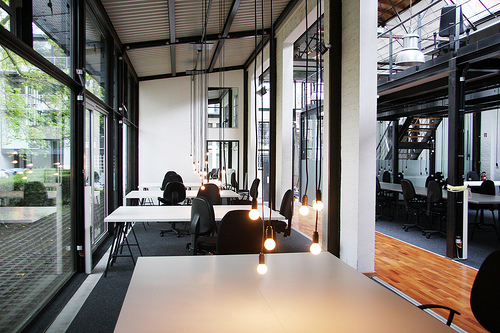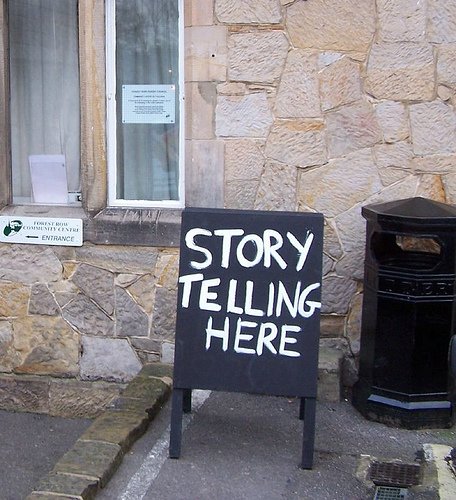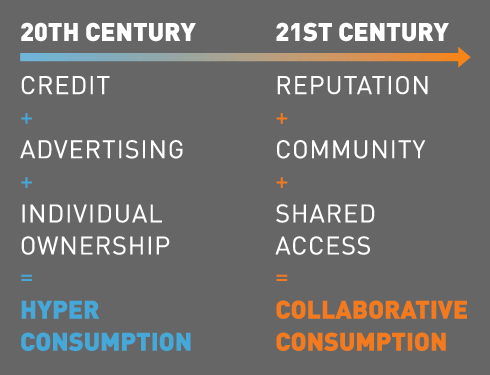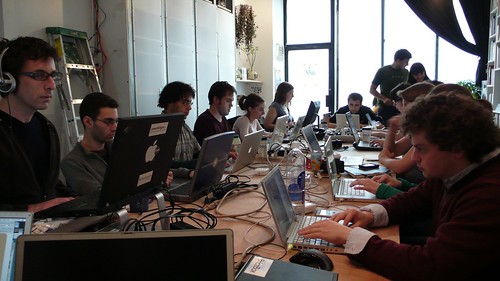By Angel Kwiatkowski
People talk a lot about all the ways that coworking can energize your small business or keep you from looking like a hack. Coworking communities are unique collections of people that can provide just enough sun, rain, and fertilizer for your ideas to grow and bloom.
However, just like you can’t just toss a sack of seeds into the dirt and expect to get a garden, you can’t sit silently in your seat waiting for the community to nurture you.
1. Admit You Need Help
Most coworking communities are collections of pretty talented, organized, and all around amazing people. If you’re new to the group, you might be intimidated by all this excellence, and feel that you have to put on a capable face when inside you’re really losing it. This couldn’t be further from the truth. The wealth of knowledge your community contains is there for you to take advantage of. Be honest about your weaknesses, and make them available when other people are in need.
2. Ask What People Are Working On
When Monday morning dawns, all fresh and full of emails, it can be tempting to get plugged in and working as fast as possible. But there’s nothing nurturing or vibrant about a community where people don’t make eye-contact. Take just a minute or two to say good-morning to the room, ask what your neighbor’s working on, or share the challenges you’re trying to tackle that work week. Not only will this set a positive tone for the rest of your day, you might just uncover a partnership possibility or a new contact that will prove indispensable in the future.
3. Commence Goofing Off
You can’t spell coworking without work, and it’s true, the most important reason that people are attracted to coworking communities is because they can be more productive there. But you don’t always have to be hunched over with your headphones, oblivious to the rest of the room. The next time someone’s piping up about a problem in their business, or a funny YouTube video that’s burning a hole in their inbox, take a second to crack a smile and indulge in some human-to-human conversation. You need a break from that screen anyway 🙂
What are other ways that you can help improve your community and create an environment that encourages success?
Image Credit: Flickr – OakleyOriginals










 The citizens of Wausau (WI) are deskless! Or at least
The citizens of Wausau (WI) are deskless! Or at least